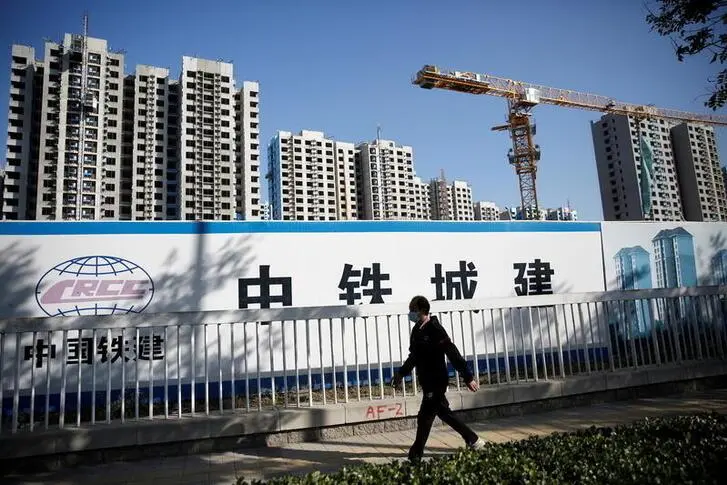PHOTO
(The author is a Reuters Breakingviews columnist. The opinions expressed are her own.)
HONG KONG - Beijing wants to prise open the country’s property sector. The People’s Bank of China has asked developers to report monthly investments, loans and more. It's an extraordinary step to rein in China Evergrande and peers, which have amassed at least $2.5 trillion of debt. President Xi Jinping's push to reallocate investment out of property is gaining steam.
Regulators have been stepping up scrutiny on the most leveraged and largest developers. In August, officials outlined the so-called three red lines – caps on debt-to-cash, debt-to-assets, and debt-to-equity ratios – as part of a broader effort to reduce financial risk. Now, the PBOC is demanding even more disclosures on off-balance sheet financing, joint ventures, and even specific projects, according to documents seen by Breakingviews.
It’s a major departure from how Beijing has tried to manage the frothy property sector in the past. Earlier crackdowns have focused more on slowing the rise of soaring prices, but that has had mixed success. Thanks to cheap credit, real estate investment jumped 12% year-on-year in September, the fastest pace in 17 months. The latest move to target individual real estate developers, and to focus on their on- and off-balance sheet funding channels, will make it harder for financially-savvy companies to hide debt, or disguise it as equity.
The added oversight on the sector, which contributes to about a fifth of economic output, is needed. Outstanding property loans, including development loans and mortgages, totaled $7 trillion as of June, nearly a third of China’s total debt pile. And that doesn’t even factor in other bank and non-bank lending collateralised with property assets.
More significantly, the party for the likes of freewheeling Evergrande may be over. Xi’s ambitious goal for the country to be technologically self-sufficient will require a drastically different course for China’s economy. More resources and capital, for example, will have to be directed towards chipmaking, high-tech manufacturing and other cutting edge fields, and away from building and speculating on houses. Weaning the economy and financial system off property will be a huge and messy undertaking, but for developers, the writing is on the wall.
CONTEXT NEWS
- China’s central bank has asked the country’s largest property developers to submit monthly reports on off-balance sheet financing and other financial disclosures, according to documents seen by Breakingviews.
- Separately, in August, regulators outlined caps for debt-to-cash, debt-to-assets and debt-to-equity ratios at a meeting with 12 major property developers. Though not yet officially announced, developers expect the rules to be applied sector-wide as soon as Jan. 1, 2021, Reuters reported on Oct. 22, citing sources.
- Home prices in China rose 4.6% year-on-year in September, the slowest pace since February 2016.
(The author is a Reuters Breakingviews columnist. The opinions expressed are her own.)
(Editing by Robyn Mak and Katrina Hamlin) ((yawen.chen@thomsonreuters.com; Reuters Messaging: yawen.chen.thomsonreuters.com@reuters.net))





















